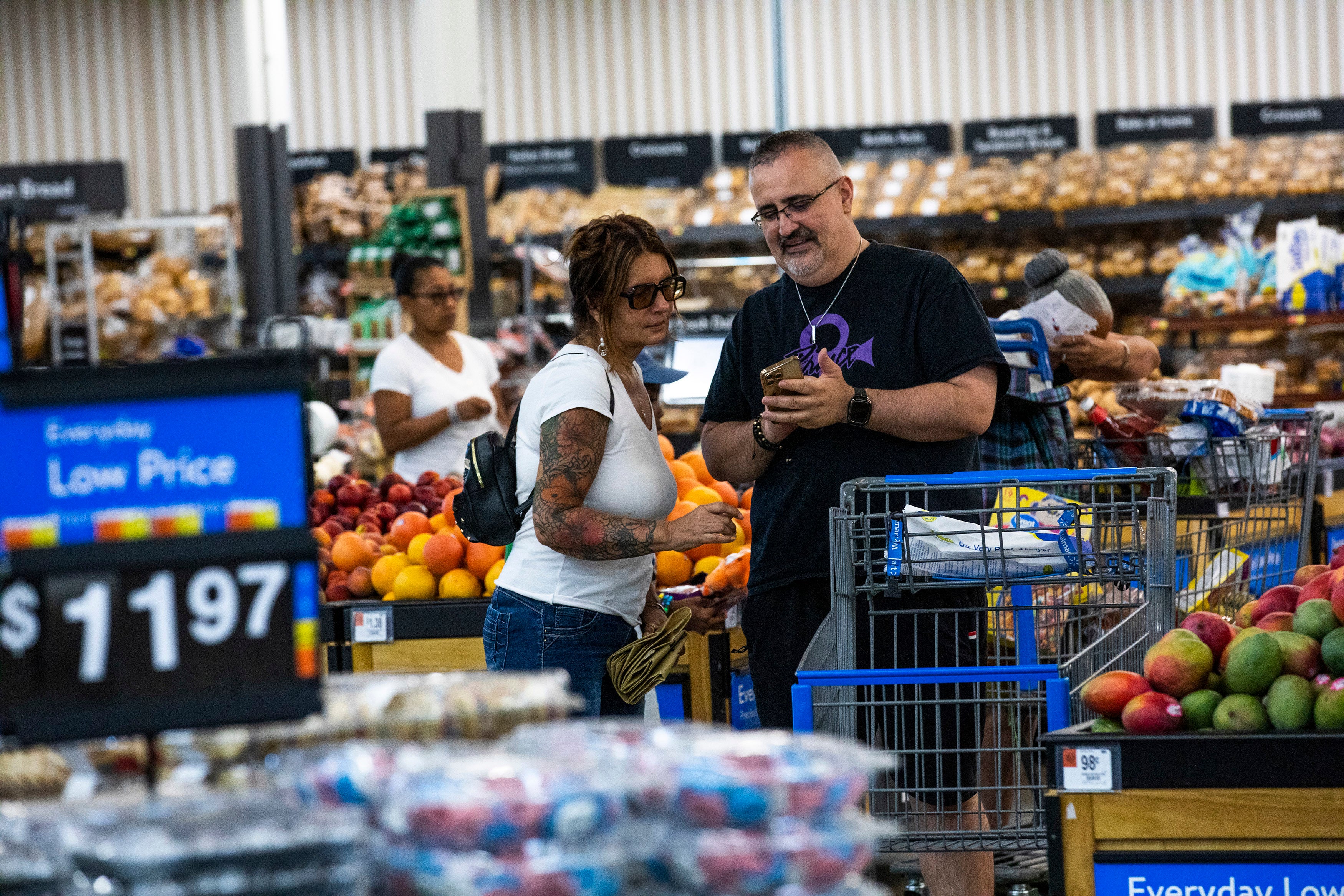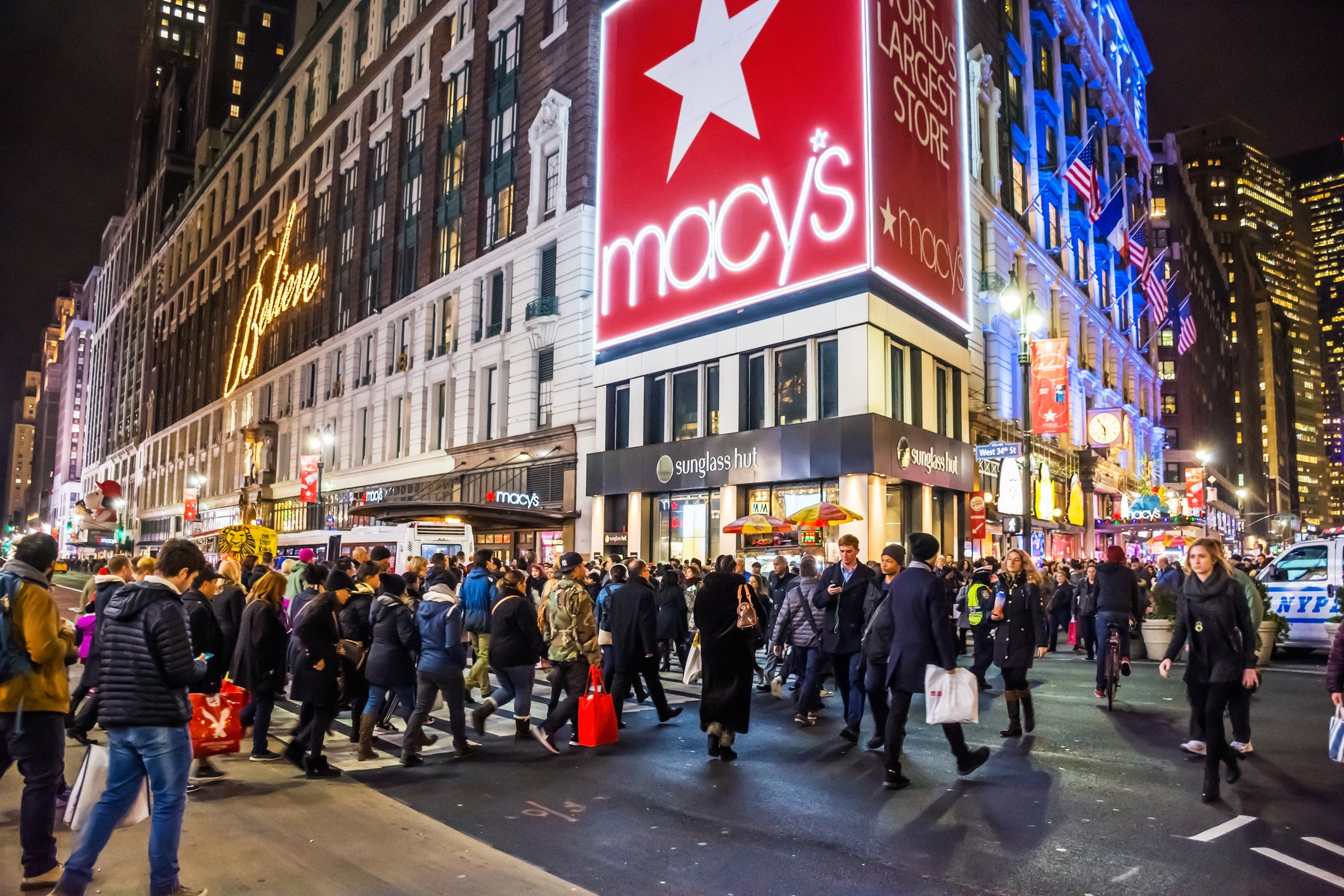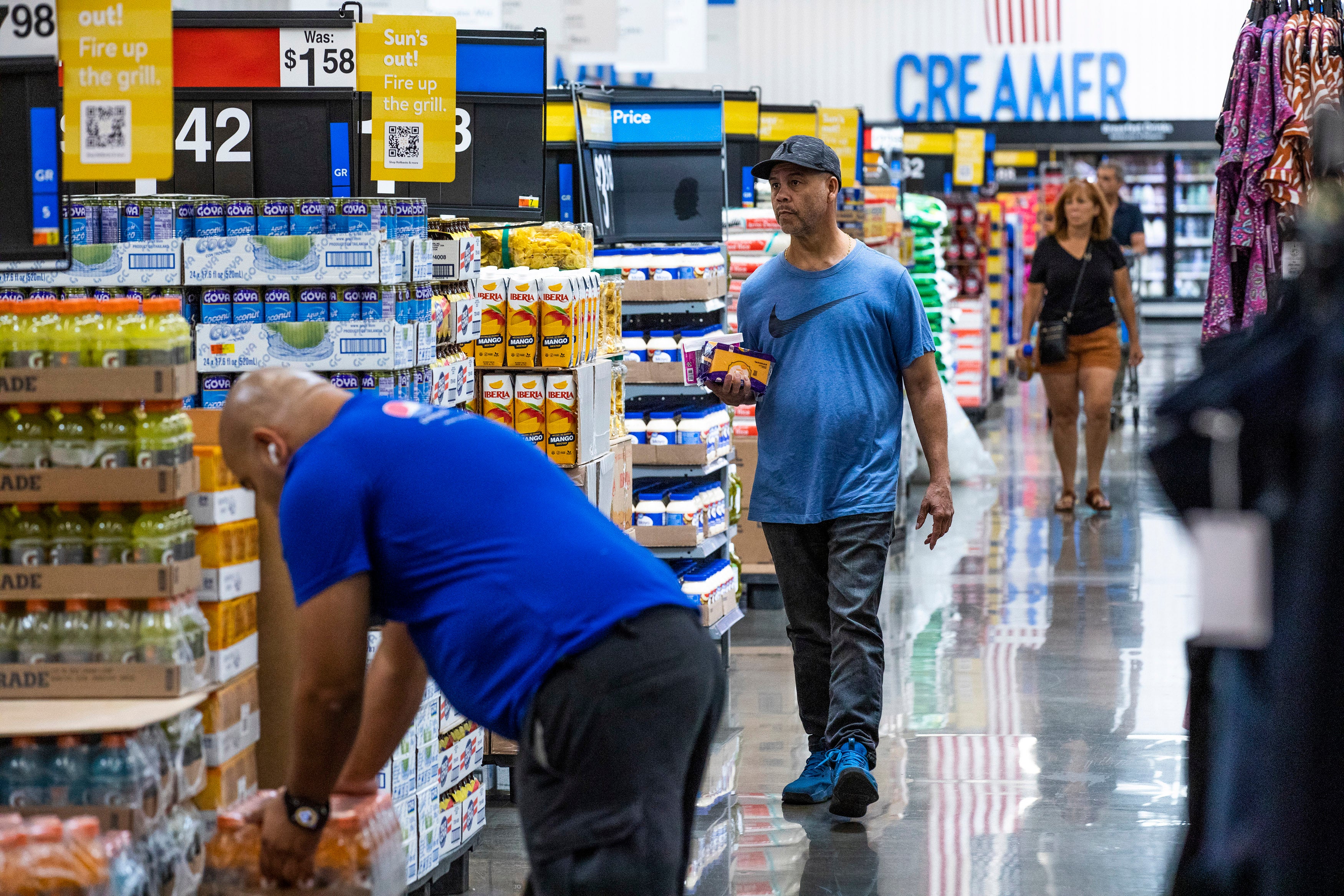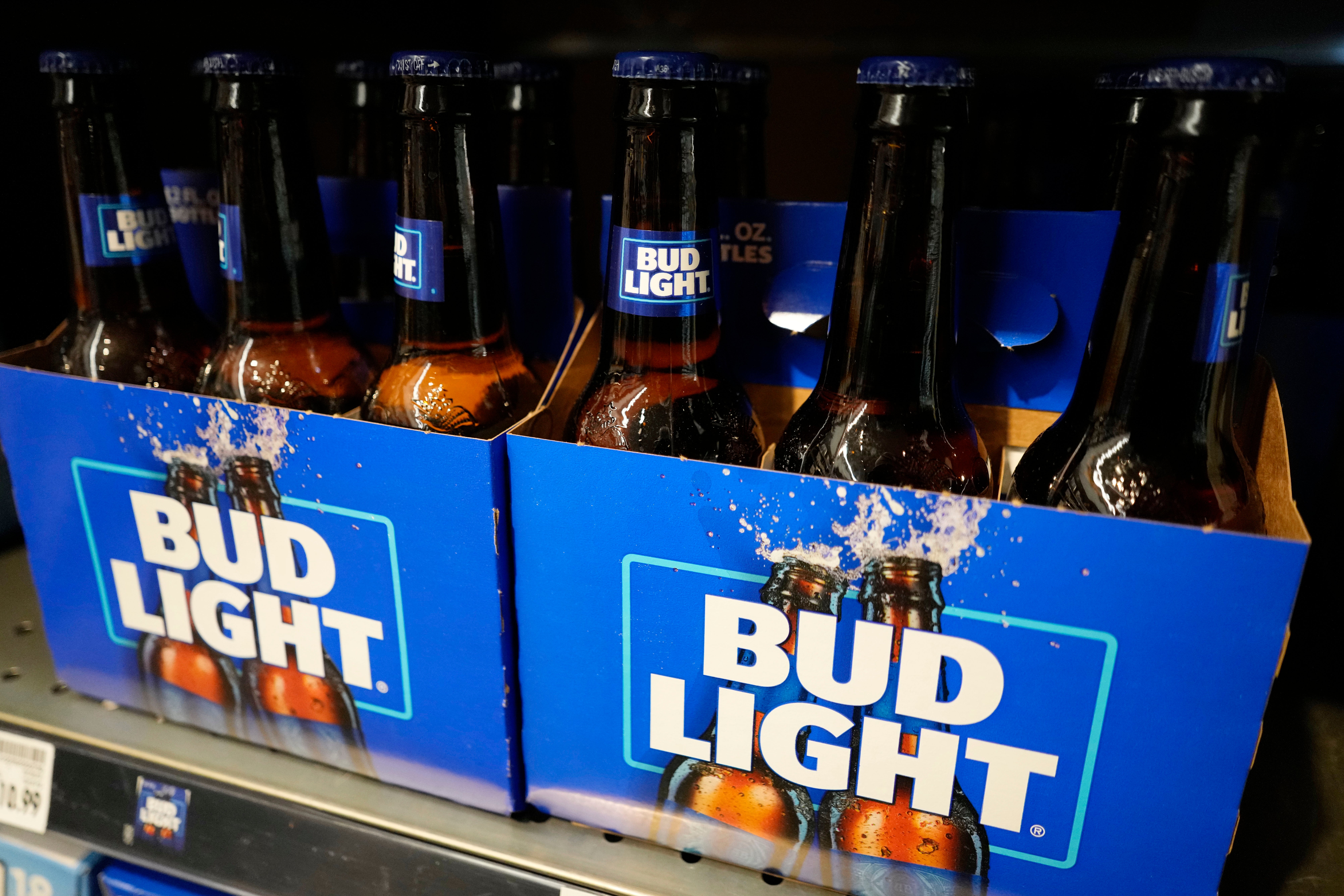A quarter of U.S. shoppers have ditched their favorite stores over political stances, new poll finds
According to the new Harris poll, four in 10 Americans have changed their spending habits to align more with their politics

A quarter of U.S. shoppers have stopped shopping at their favorite stores in response to company values and politics shifting, following the advent of the new Trump administration, a new survey has found.
According to a Harris poll shared with The Guardian four in 10 Americans have changed their spending habits to align more with their politics, and around a third (31 percent) said they had no interest in supporting the economy this year.
Since returning to office, Trump has clamped down hard on Diversity, Equity and Inclusion policies with the federal government, and multiple major retailers and tech companies have followed suit.
Walmart said it would phase out its DEI initiatives, including those focused on diversifying suppliers and others offering DEI training, and McDonald’s announced the end of specific diversity goals for senior leadership.

Amazon has said it is “winding down outdated programs and materials,” while Meta, the parent company of Facebook and Instagram, announced last month that it was terminating DEI programs geared to hiring, training and choosing suppliers.
Per The Guardian, half (50 percent) of those surveyed who identified as Democrats, said they were changing their spending habits, and 45 percent said they had stopped shopping at the companies that did not share their political views.
By contrast, 41 percent of Republicans surveyed said they would be changing their spending habits and 34 percent said they would do away with outlets that they did not agree with politically.

The stronger response from Democratic shoppers is somewhat less surprising, as boycotts of stores aligned with the current administration have been more common in recent years.
Under the Biden administration, the term “woke” – used by many to indicate a liberal or progressive stance – was used to describe certain companies that were hit with subsequent calls for boycotts.
Bud Lite beer was hit with a huge backlash after the brand partnered with the transgender influencer Dylan Mulvaney for a sponsored social media post which included a can with their face on. Bud Lite’s parent company, Anheuser-Busch, lost $395m in the fallout.

However, against the backdrop of more and more polarized America, some are looking to “opt out” altogether.
Per The Guardian, the Harris poll found that 36 percent of Americans are trying to cut back on spending altogether, in an attempt to avoid getting caught up in combining politics and consumerism.
“Think of this as ‘laissez-faire consumerism’. Buyers aren’t boycotting, they’re just opting out,” John Gerzema, CEO of Harris Poll, told The Guardian. “Instead of demanding more, they’re simply disengaging with the marketplace and businesses who disappoint them.”
Join our commenting forum
Join thought-provoking conversations, follow other Independent readers and see their replies
Comments
Bookmark popover
Removed from bookmarks